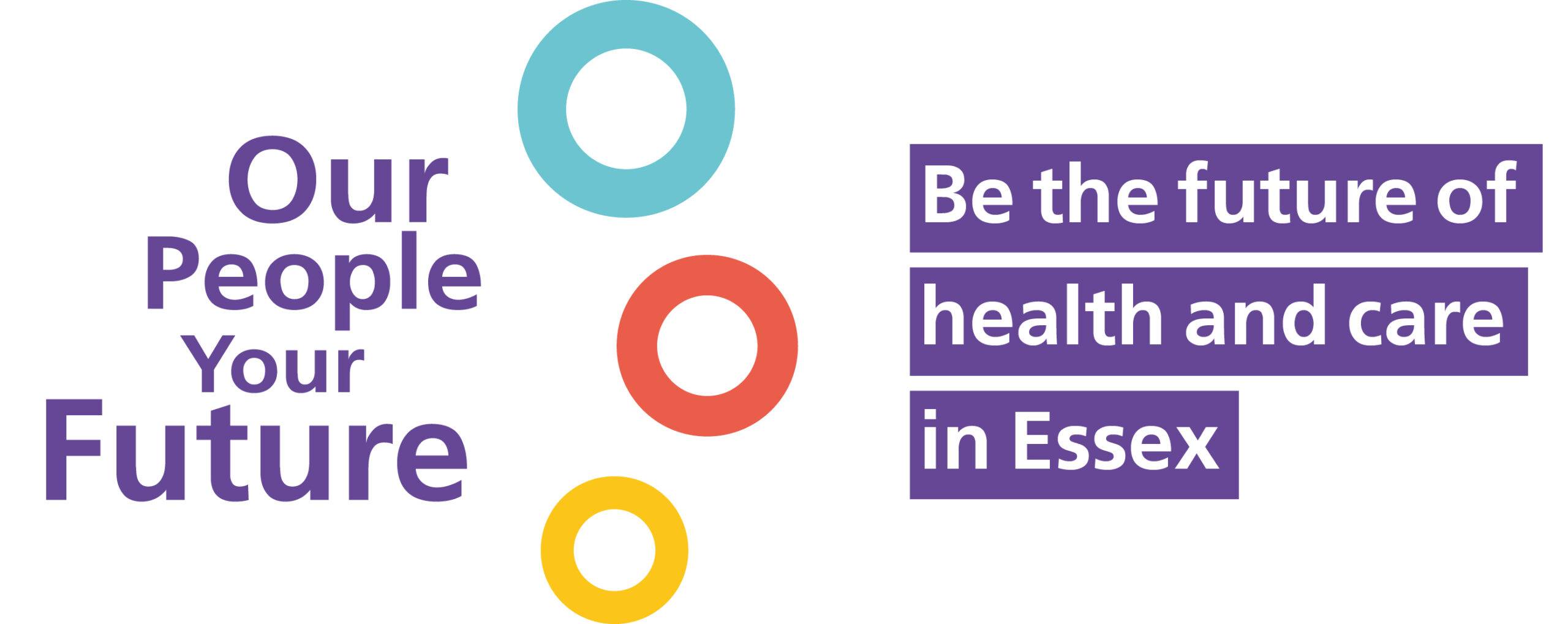
Thinking of becoming an apprentice?
An Apprenticeship is an excellent way to gain a formal qualification whilst being paid on the job and gaining valuable experience through on the job training.
If you are 16 and over and not in full time education this may be the right choice for you. Apprentices typically spend 20% of their working hours studying with an approved training provider which usually equates to 1 day a week. There are a range of apprenticeships available that enable an entry route into a wide variety of careers in health and care. By the end of your apprenticeship you will have gained the skills needed to succeed in your chosen career or progress onto the next apprenticeship level.
Apprenticeship levels and Qualifications
There are four different levels of apprenticeships:
- Intermediate (Level 2) – equivalent to 5 GCSE’s
- Advanced (Level 3) – equivalent to 2 ‘A’ levels
- Higher (Level 4, 5, 6 & 7) – equivalent to a degree
- Degree (6 & 7) – equivalent to a degree or masters
NB: it can take between 1-6 years to complete an apprenticeship depending on the level you choose.
To explore the range of apprenticeships pathways and career routes click here Pathways – HASO (skillsforhealth.org.uk)
FAQs
What is the age limit to become an apprentice?
There is no age limit on becoming an apprentice. The only restrictions are you must be at least 16 years old and not in full time education.
Watch the Video (opens in a new window)
(you will be taken to the skillsforhealth.org.uk website to watch the video)
Do I have to pay to do an apprenticeship?
No, your employer will pay your salary and any course fees for the apprenticeship. But you will need to pay for your own travel and subsistence.
Can apprentices become a nurse?
Yes you can become a nurse by completing a degree apprenticeship.
Do apprentices have to pay for their courses?
No your employer will pay the training fee.
Do apprentices get paid?
Yes you will be paid and this will vary dependent on role and organisation.
Yes, all apprentices must be aged 16+ and will receive a wage of at least the minimum wage. Pay is determined locally so it may be higher but cannot be lower than this amount.
Entry Requirements
Entry requirements will vary dependent on the role and organisation and training provider.
Does previous experience count?
This is possible but it dependant on the training provider.
The benefits of being an apprentice
There are a huge variety of apprenticeships on offer in health and social care for example:
Nursing Associates Apprenticeship Programme
The nursing associate is a relatively new support role that bridges the gap between healthcare support workers and registered nurses to deliver hands-on care as part of the nursing team. Nursing associates work with people of all ages in a variety of settings in health and social care.
The role is accredited by the NMC and has become a vital part of the wider health and care team and aims to:
- support the career progression of healthcare assistants
- enable nurses to focus on more complex clinical work
- Increase the supply of nurses by providing a progression route into graduate-level nursing effectively ‘growing your own’ nursing workforce.
Entry Routes and Training
If you want to become a Nursing Associate you will need the following entry requirements:
- GCSEs grade 9 to 4 (A to C) in Maths and English, or Functional Skills Level 2 in Maths and English.
- The training usually takes about 2 years.
- You can earn whilst you learn on the nursing associate apprenticeship programme level 5.
- Training includes a combination of on the job work experience and learning in the classroom/on line.
- At the end of your training you’ll have a foundation degree, and once you register with the Nursing and Midwifery Council, you’ll become a fully registered nursing associate.
- You can also go on to become a registered nurse, if that’s what you want, by doing a shortened nursing degree or nursing degree apprenticeship.
If you are interested in finding out more about becoming a Nursing Associate please get in touch.
Nursing
The Registered Nurse Degree Apprenticeship (RDNA) is a BSc (Hons) level 6 qualification which allows apprentices to qualify for registered status as a Child, Adult or Mental Health nurse with the Nursing and Midwifery Council. A registered nurse degree apprenticeship (RNDA) offers a flexible route to becoming a nurse that doesn’t require full-time study at university. You will need to secure a position as an RNDA and your employer will release you to study at university part time. You will train in a range of practice placements, for example hospitals, GP practices, people’s homes and mental health facilities. RDNA apprentices will learn alongside other undergraduate nursing students, and develop and enhance the knowledge, skills and values required. Most RNDAs take four years, You’ll typically need level 3 and maths and English qualification/s to start an RNDA. If you have a level 5 qualification as a nursing associate, your apprenticeship might be called a ‘top up’ RNDA or ‘conversion’ to registered nurse course. For further information visit Nursing degree apprenticeship: factsheet – GOV.UK (www.gov.uk)
Social Care
An apprenticeship is an excellent route into Social Care. It can be a way to develop new staff or provide new skills for existing staff by studying and learning through work. Click here to explore the vast array of options available in this sector.
Apprenticeships (skillsforcare.org.uk)
Healthcare Support Worker
Healthcare support workers play a vital role in delivering high standards of care to patients across health and care. To find out more about the Healthcare support worker apprenticeship options visit…
Healthcare support worker (level 2) – apprenticeship training course (education.gov.uk)
And many more.
For apprenticeship opportunities in mid and south Essex click here.
